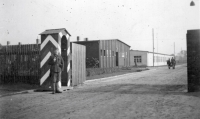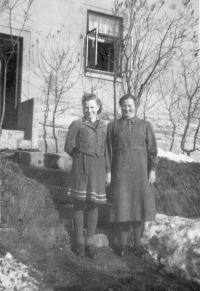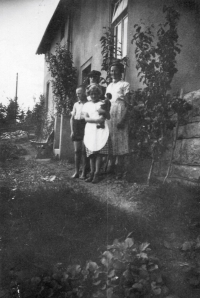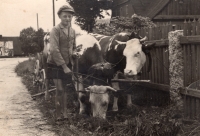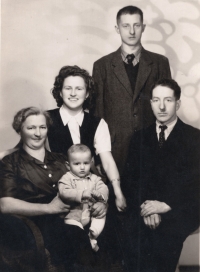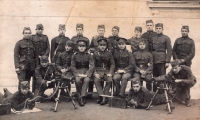His German family’s house was confiscated by Soviet partisans
Download image
Rudolf Hable was born on 18 June 1947 in Mšeno nad Nisou. His father, Johann Hable, was born in 1904 in Svébohy, as was his mother Barbora. His father served as a machine gunner in Slovakia and later settled with his family in Mšeno nad Nisou. In 1938 he was drafted into the Czechoslovak army, but with the end of the mobilization he had to enlist in the enemy army. He was transferred to a prison camp near Dresden, where he guarded mainly African prisoners of war. However, when he allowed the prisoners to pick blueberries, he was denounced and sent to the Eastern Front, which he passed through as a military engineer. He was captured in one firefight and ended up in internment in a camp near Leningrad, where he remained until 1945. After his release, he made his way to Czechoslovakia by train, truck and on foot. He experienced looting by Soviet soldiers in the villages, and later one of the partisans took their house. Thanks to his pre-war activities, he avoided deportation and obtained anti-fascist legitimation, thanks to which his house was returned to him. Rudolf Hable trained as a bricklayer. He spent the military service at the airport in Milovice, where he got a job as a radio operator and experienced the invasion of Warsaw Pact troops in 1968. During the normalisation period he travelled to Germany several times to visit his family. He worked as a bricklayer and construction foreman. In the 1990s he founded a construction company. In 2022 he lived in Mšeno nad Nisou.

